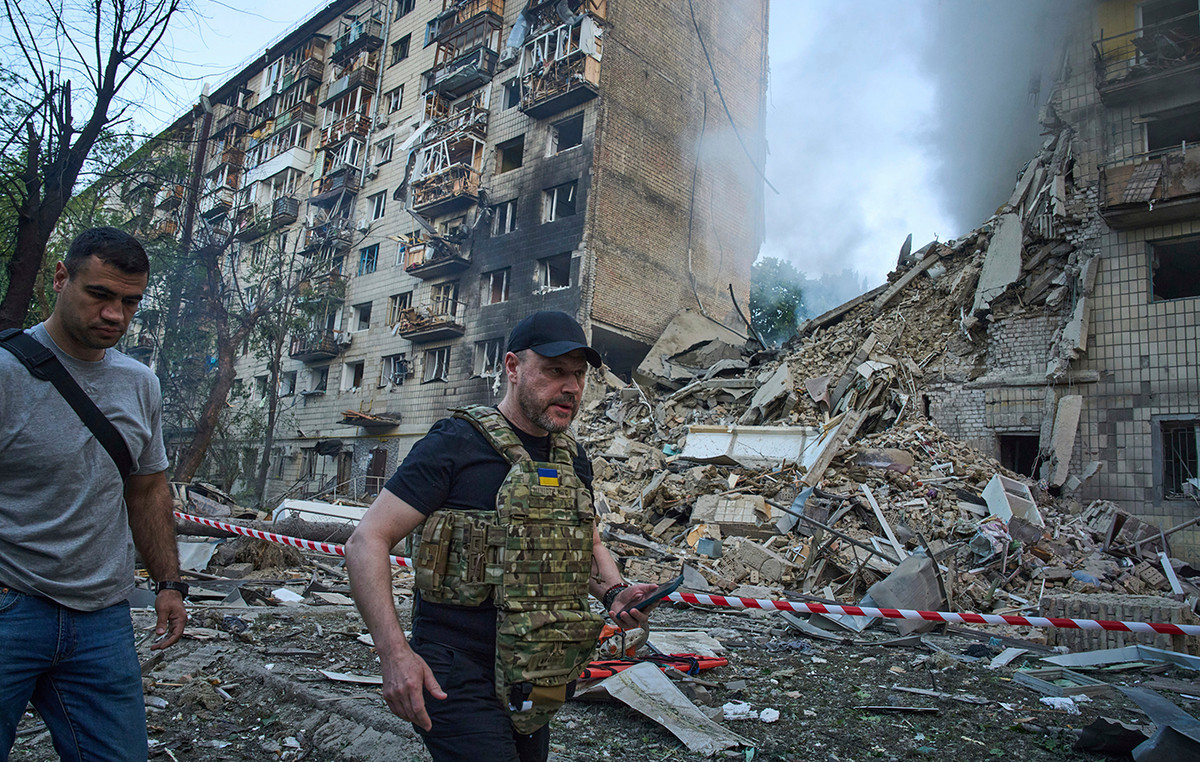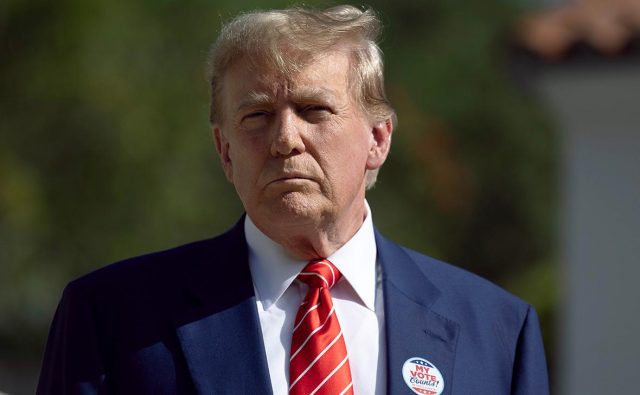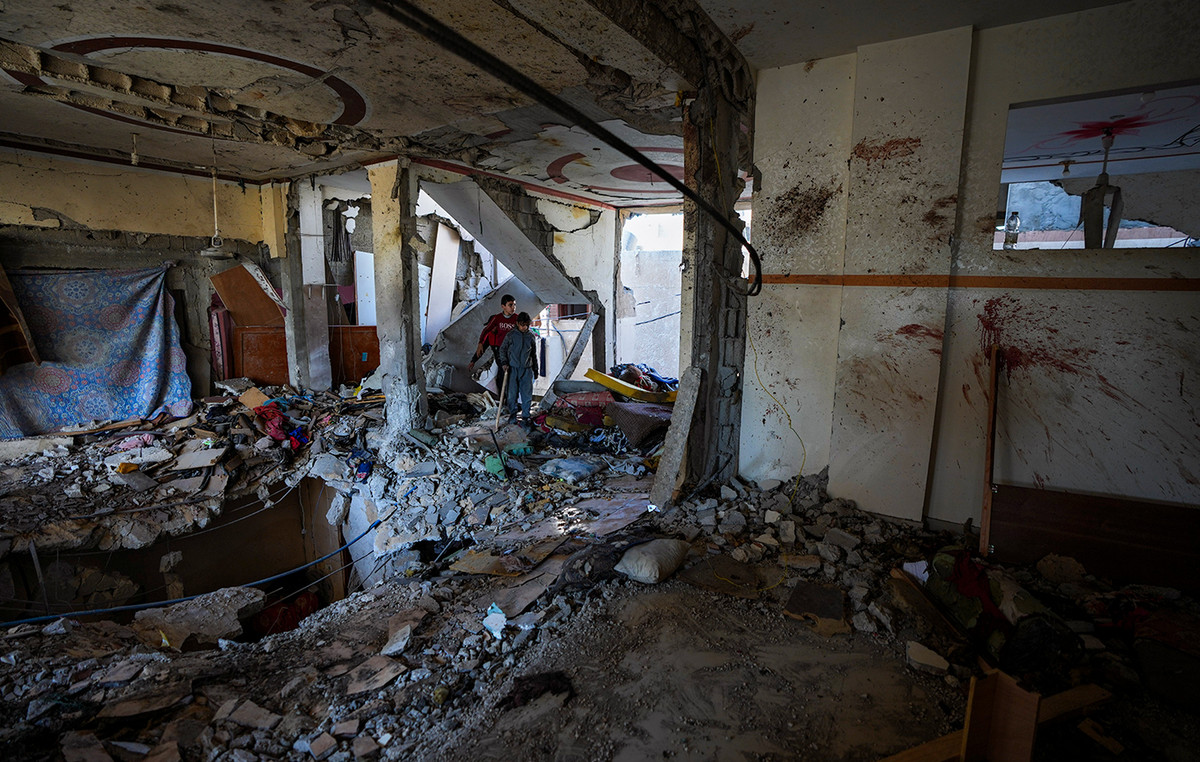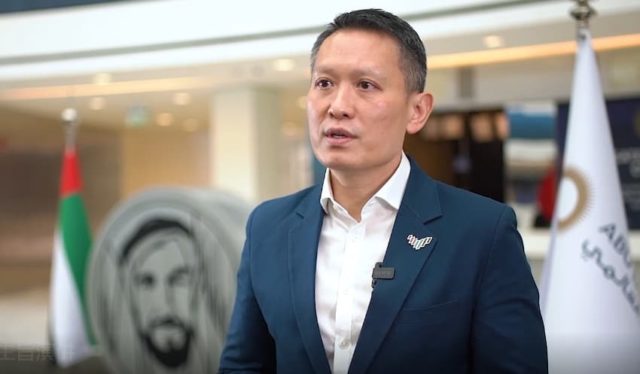Since they were created in 2008, this is the first time that cryptocurrencies are inserted in a context of war.
The way digital currencies operate, outside the realm of the standard global bank, with transactions recorded on a public ledger known as a blockchain, helps to design them into this scenario.
Samir Kerbage, technology director at Hashdex, recalls that digital currencies are also an option for citizens in the context of war. “Cryptocurrencies allow a person to leave their country without losing their assets, without depending on the local currency, for example”.
In addition, the economy of countries in conflict suffers strong impacts due to the closing of banks, stock exchanges and devaluation of the local currency. Therefore, “cryptocurrencies manage to ensure that some patrimony is preserved from inflation in countries”.
Kerbage believes that this is the first time in history that this type of movement can happen on a large scale. “People today have a reserve that is sovereign and can be used anywhere in the world without state interference”.
Since the beginning of the war in Ukraine, the Eastern European country has received more than US$ 54.7 million in cryptocurrencies (R$ 275 million), according to a survey released by the British company Elliptic, the largest specialist in digital currency analysis in the world.
On the other hand, Russia has been using crypto-assets to carry out transactions as a way to circumvent the sanctions imposed by Western countries on its economic system. The result was an appreciation of Bitcoin, the most famous cryptocurrency in the world, which was traded above U$ 44 thousand (R$ 221 thousand) on Tuesday (1st), when it reached the highest high in a year.
Why have cryptocurrencies become attractive?
alternative for Russia
Russia sees cryptocurrencies as an alternative for carrying out financial transactions, without the need for integration with global systems and the use of currencies such as the dollar, for example. Through digital currencies, the country can make the purchase and sale of products.
However, Kerbage points out that it is still possible to limit the scope of use of cryptocurrencies. “The United States can, for example, issue a decree prohibiting exchanges [corretoras] Americans to insert Russian citizens. That way, companies will be forced to comply and Russians will be out of the biggest crypto market,” he said.
Even with increasingly robust sanctions and investigations carried out by the European Union (EU) into the use of cryptocurrencies to circumvent restrictions, the world’s largest cryptocurrency exchanges, Coinbase and Binance, on Friday rejected requests for a general ban on all Russian users.
The choice goes against other institutions in the traditional financial sector that chose to suspend operations in the country, as was the case with Visa and MasterCard.
For the specialist at Valor Investimentos, Piter Carvalho, a digital currency would be an option for the Russian government to carry out transactions. However, the economist warns of the high volatility that the country would have to face if it decided to adopt a cryptocurrency, precisely because it is an inherent factor in the still emerging digital asset.
Another point that economists emphasize is the volume of transactions that could be carried out through cryptocurrencies by the Russian government is limited. Experts do not see a “sufficient dimension in crypto assets” for the country to be able to circumvent sanctions on significant scales.
In the opinion of experts, cryptocurrencies are a tool for Russia at a time of crisis and commercial isolation, but they do not believe that the country should officially adopt the use of the currency.
Opportunity for Ukraine
For Ukrainians, digital assets have been used to receive donations for investments in military equipment, humanitarian aid, food and medical kits.
Precisely because they are linked to the digital environment, cryptocurrencies allow for greater ease of transfer and use, in a country whose banking and financial structure is paralyzed and made unfeasible by the conflict.
Economist Nicolas Farto mentions that, for the Ukrainian government, cryptocurrencies bring the advantage of secrecy, as they have great difficulty in traceability.
“The donations received by Ukraine through cryptocurrencies is also a way of bringing greater secrecy to the operations that reach the country’s government. Apparently, President Zelensky understood this and adopted this donation channel, achieving good results. In these contexts, digital currencies demonstrate an interesting aspect.”
Farto also recalls that in addition to receiving donations, the government of Ukraine has made donations to the population through programs to help victims of the conflict.
Is it a time to invest in cryptocurrencies?
Noting the appreciation of crypto-assets, experts assess that the time is not yet ripe to make the purchase of coins, but that it is important, considering the diversification of the portfolio, for the investor to opt for the purchase, but with prudence.
“It is interesting for any investor to consider having some degree of willingness in the crypto space. It is a universe that has been growing and is proving to be important and useful in these moments of crisis”, says economist Nicolas Farto.
For experts, in the short term, the war in Ukraine could reinforce the credibility of bitcoin, the most famous cryptocurrency. In this way, this asset can be seen as a solution to alleviate situations of war and crisis, as a security alternative, especially for the citizen.
Source: CNN Brasil
I am Sophia william, author of World Stock Market. I have a degree in journalism from the University of Missouri and I have worked as a reporter for several news websites. I have a passion for writing and informing people about the latest news and events happening in the world. I strive to be accurate and unbiased in my reporting, and I hope to provide readers with valuable information that they can use to make informed decisions.







